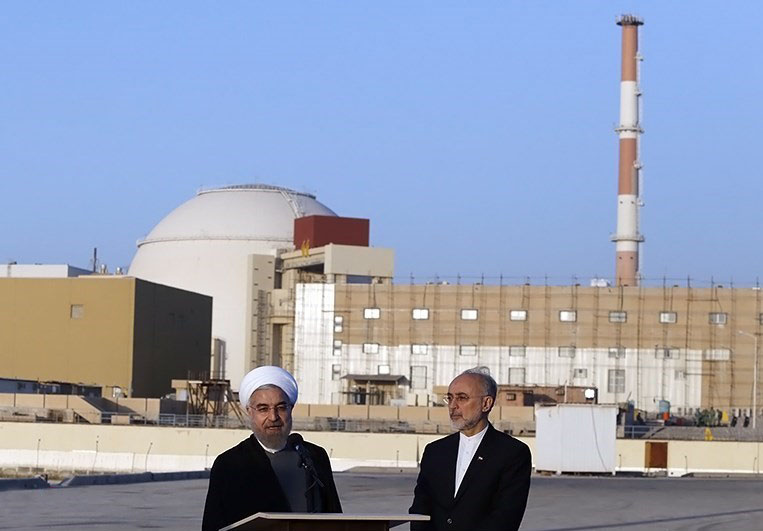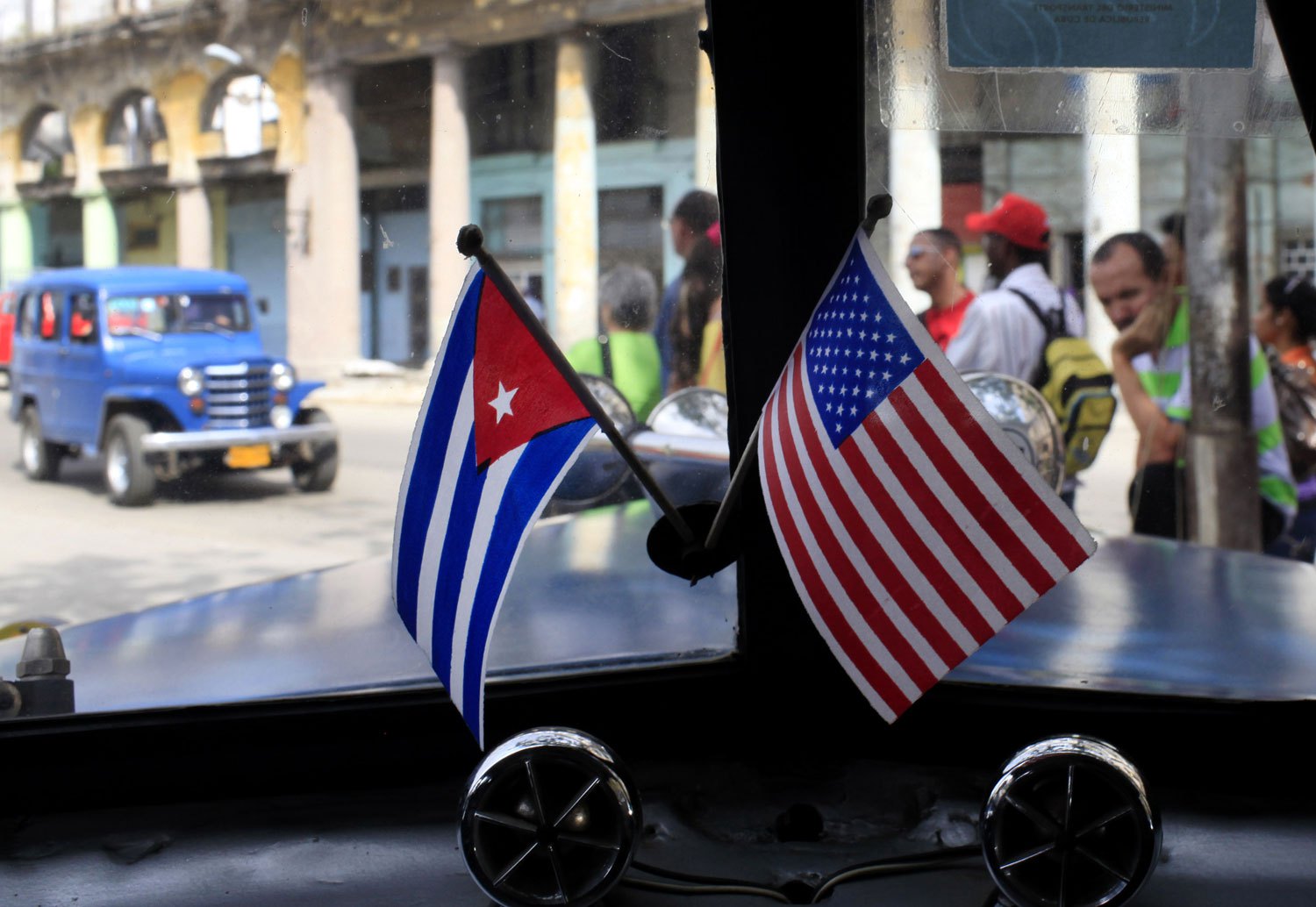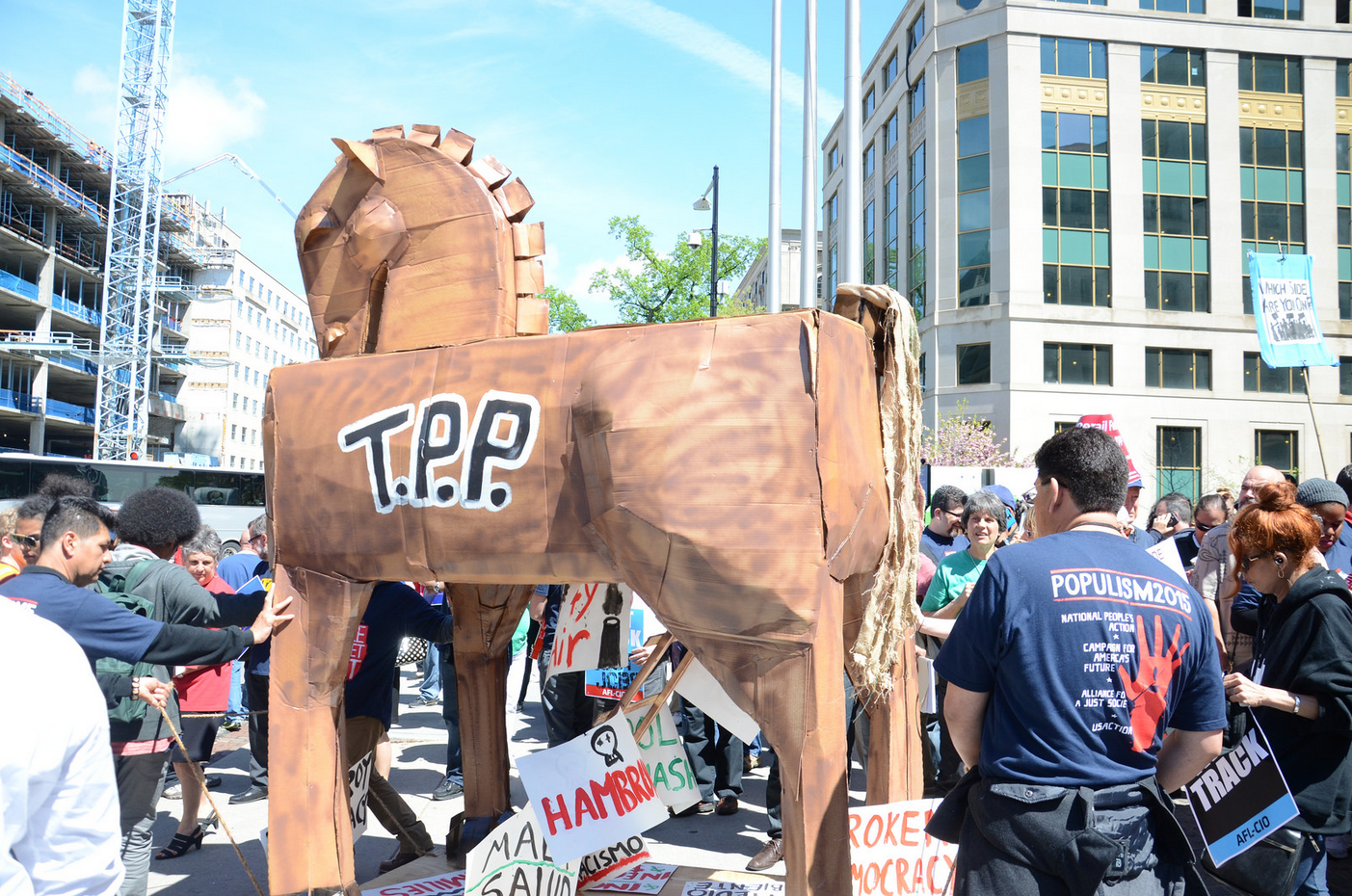The Situation
The Middle East currently stands on the brink of cataclysm due to the extraordinarily tense stand-off between Israel and Iran, largely centering around Iran’s nuclear status. With the situation still very much in flux, a key question persists: Will the ongoing hostilities escalate into a broader conflict, or will diplomatic negotiations lead to a stable peace?
The immediate causes of tension centre on Israel’s heavy missile strikes on Tehran targeting Islamic Revolution Guard Corps commanders and Iranian scientists and Iran’s retaliatory missile attacks on Israel. The underlying, systemic issue is that Iran’s continued nuclear development remains a significant concern for Israel. The United States, historically opposed to Iran’s nuclear program, has directly intervened militarily in response to Iran’s retaliatory missile strikes on Israel and missed negotiation deadlines. After U.S. intervention, Netanyahu declared a “historic victory” by saying “We have thwarted Iran’s nuclear project. And if anyone in Iran tries to rebuild it, we will act with the same determination, with the same intensity, to foil any attempt.” However, Iran does not appear likely to abandon its nuclear ambitions, raising concerns that this stance could further escalate the conflict in the future. The damage from these strikes were relatively limited, and Iran could feasibly resume and advance its nuclear program within months.
Recent developments include a ceasefire announced on June 23rd by U.S. President Donald Trump. Both Israel and Iran took hours to acknowledge that they had accepted the ceasefire and even proceeded to launch missile strikes shortly after Trump made it. Eventually, both countries agreed that they would not breach the ceasefire unless provoked by the other. The stability of this truce is tenuous and depends significantly on whether a party breaks faith. If Iran breaks it first, this could be driven by its intentions to assert its national sovereignty in the face of acts by two states that have violated its territorial integrity. Conversely, Israel, based on past behaviour, might breach the agreement due to unresolved fears concerning Iran’s nuclear capabilities or the desire to effect regime change.
Critical intelligence gaps persist, including the duration of the ceasefire, the specifics of ongoing negotiations, and the status of Iran’s nuclear capabilities. It remains uncertain if Iran is close to possessing nuclear weapons; this unknown factor significantly increases the risks associated with any potential military confrontation or pressure on Iran.
Narratives from various actors further complicate the situation. In a rare move, President Trump publicly criticized Israel’s aggressive military actions on June 24, explicitly warning against further escalation. This marks a significant departure, as Israel historically received considerable support from successive U.S. administrations, exemplified by Netanyahu’s influence on the Bush administration’s decision to remove Saddam Hussein, a decision justified in part by promises of positive regional political reverberations, but which caused a bloody and protracted war instead.
The Prospects of a Diplomatic Solution
In theory, Iran, as signatory to the Nuclear Non-Proliferation Treaty, is entitled to possess a limited, civilian-based nuclear capability. This is explicitly guaranteed by Article IV. If Iran made a drive to possess nuclear weapons, it would be in violation of the treaty and would constitute a grave threat to the international community. However, regulated nuclear capabilities overseen by the international community embodied in the International Atomic Energy Agency (IAEA) could reduce the likelihood of the missile exchanges and violence currently visiting suffering on both Israeli and Iranian populations. Resolving this deadlock and achieving a compromise agreement is critical to preventing further escalation, particularly given Iran’s unwavering determination to exploit the potential of nuclear power. Ultimately, war represents the extension of unresolved political disagreements into violent conflict. Although pursuing regulated nuclear capabilities for Iran poses significant risks, the extensive human casualties witnessed over the past few days underscore the necessity of exploring alternative, diplomatic solutions to prevent further suffering.
American IR expert opinions, as summarized by Foreign Policy, indicate significant concern regarding military escalation. Out of 753 experts surveyed between June 18-22, 66% of IR scholars believe that Israeli attacks on Iran have made the United States less secure, and 83.36% agree that the United States should not use military force against Iran if Iran does not comply with Trump’s ultimatum. Analysts believe there’s a considerable probability (54%) of U.S. military involvement in Iran within the next year, while the likelihood of Israel using nuclear weapons is considered relatively low, yet still hovering at an unsettling 11%. Experts predominantly view diplomatic solutions as preferable to military interventions.
Comparing the current situation to the Cuban Missile Crisis highlights both similarities and keydifferences. Both crises risked global war due to nuclear threats; however, the Cuban Missile Crisis benefitted from Kennedy and Khruschev’s diplomatic compromise, which was a stark contrast to the present scenario where diplomacy remains tenuous because of a deadlock.
Multiple scenarios can evolve from this conflict; the most favorable scenario would involve a permanent ceasefire paired with mutual agreement on Iran’s nuclear program. Conversely, the worst-case scenario predicts a resumption of missile exchanges escalating into full-scale warfare potentially drawing in the United States and even a tactical nuclear strike. Even renewed strikes on Iran’s nuclear infrastructure that do not lead to wider conventional or nuclear conflict risk radioactive fallout.
A temporary ceasefire appears most probable, with future escalations likely contingent upon perceived nuclear threats or regional conflicts involving Gaza. Bias significantly influences decision-making in this conflict, particularly concerning labels like aggressor versus defender. Achieving lasting peace will require mutual concessions from all involved parties—Washington, Tehran, and Jerusalem. Absent these, the region will likely endure continued conflict.
Photo: Iranian President Hassan Rouhani and Head of the Atomic Energy Organization of Iran (AROI) Ali Akbar Salehi in Busher Nuclear Plant (2015), by Hossein Heidarpour via Wikipedia Commons.
Disclaimer: Any views or opinions expressed in articles are solely those of the authors and do not necessarily represent the views of the NATO Association of Canada.




